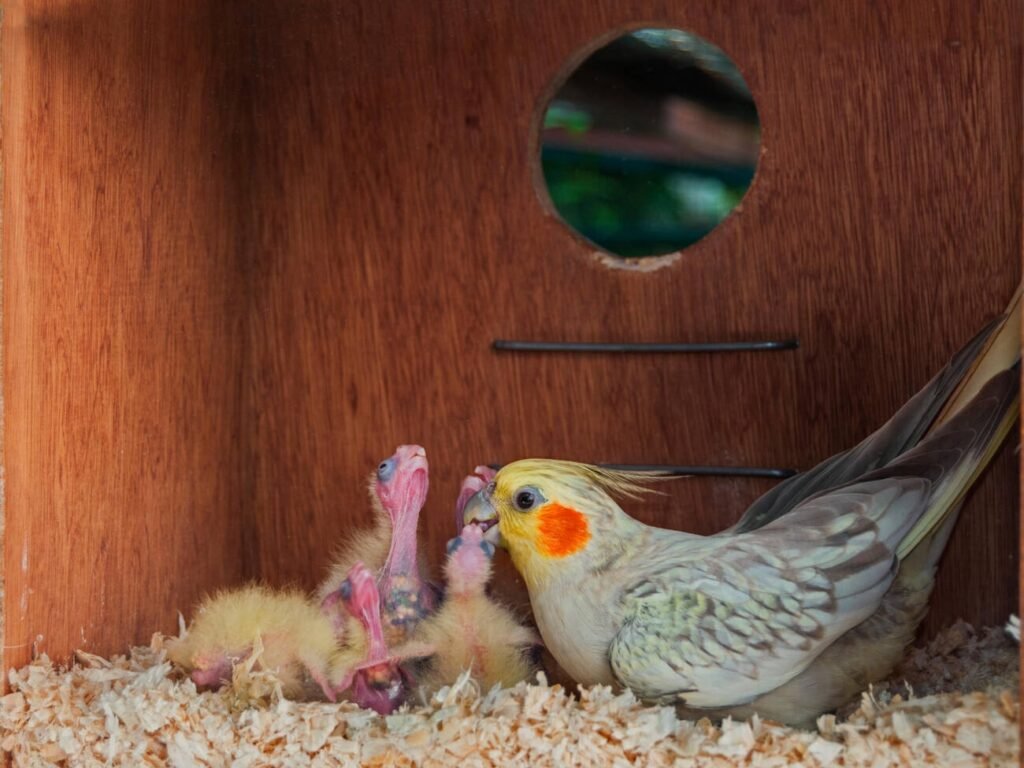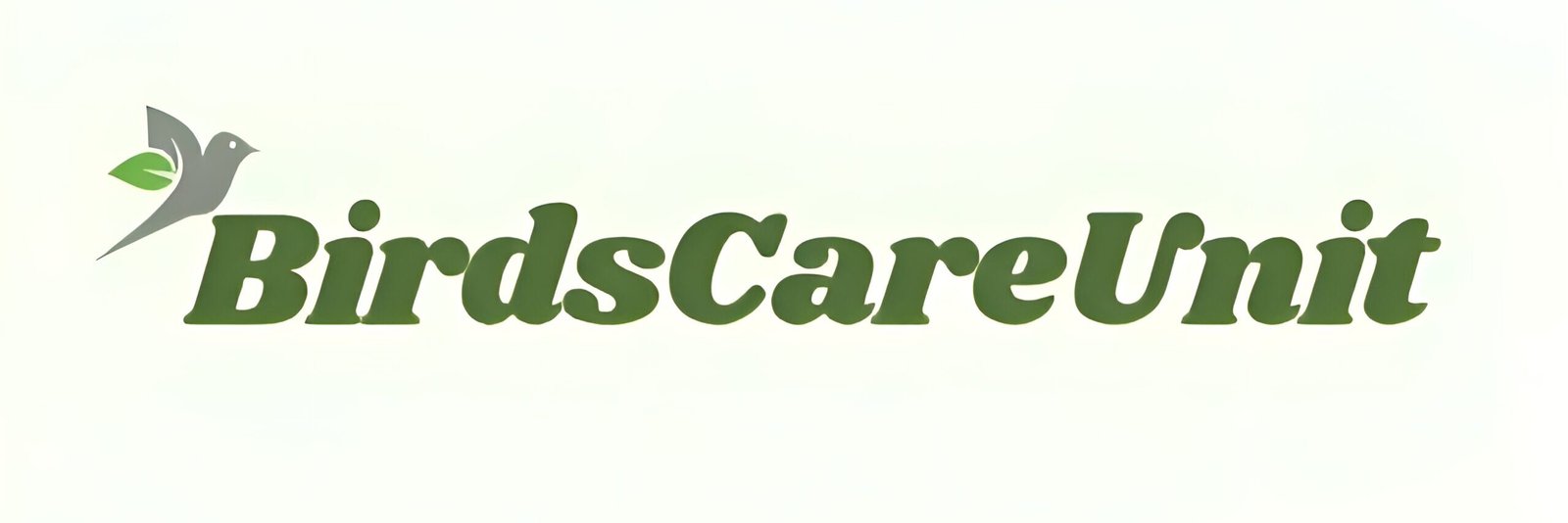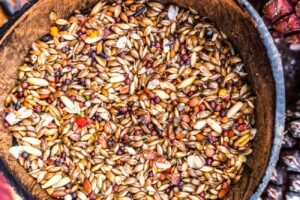What can I Feed for Cockatiel Babies

With over fifty birds in my home, including a variety of pet species, I have a special fondness for cockatiels. Many of them have become quite friendly with me, and I find them to be incredibly cute birds. I have numerous pairs of cockatiels that have been mating for quite some time, resulting in many adorable cockatiel babies. I have experience both taming these babies and providing them with the necessary care. This blog aims to assist those considering raising cockatiel babies, offering effective tips based on my experience. Properly following these tips can greatly benefit anyone embarking on this rewarding journey.
Soft Foods for Tender Tummies:
Ensuring proper nourishment for young cockatiels involves providing soft foods that are easy on their sensitive digestive systems. These tender tummies require gentle, easily digestible sustenance to promote healthy growth and development. Here’s an in-depth look at how to cater to their dietary needs:
Gentle Nourishment: Wet Bread and Boiled Potatoes
Wet Bread: Wet bread can be a practical option for young cockatiels due to its softness and ease of digestion. However, it’s crucial to ensure that the bread is fresh and free from mold or additives that could be harmful. Opt for whole grain or plain white bread, avoiding any varieties that contain seeds, nuts, or high amounts of sugar.
To prepare wet bread, moisten a small piece with water or a bit of low-fat, unsweetened fruit juice. Ensure it’s soft but not mushy, as overly wet bread can lead to digestive issues or fungal growth. Serve it in small, manageable pieces to prevent choking hazards.
Boiled Potatoes: Boiled potatoes are another excellent choice for young cockatiels due to their bland, easily digestible nature. They provide essential carbohydrates without being overly rich or complex. When preparing potatoes, ensure they are thoroughly cooked and free from any seasonings, butter, or oil. Simply peel and boil the potatoes until they are tender, then mash them into a soft consistency suitable for your cockatiel.
Essential Nutrients: High-Quality Pellets
High-Quality Pellets: The cornerstone of a balanced diet for cockatiel babies is high-quality pellets designed specifically for their needs. These pellets are formulated to provide a complete and balanced diet, containing essential vitamins, minerals, and amino acids crucial for growth and development. Look for pellets that are labeled as suitable for baby or juvenile cockatiels, as these will have the appropriate nutrient ratios.
Pellets should be the primary food source and can be supplemented with fresh fruits and vegetables for variety. Ensure that the pellets are stored in a cool, dry place to maintain their nutritional value and prevent spoilage.
Nutritional Needs: Young cockatiels require a range of nutrients to support their development. This includes:
- Proteins: Essential for growth and tissue repair. Pellets often contain proteins derived from seeds, legumes, and grains.
- Vitamins: Vitamins A, D, E, and K are crucial for various bodily functions, including vision, bone health, and immunity.
- Minerals: Calcium and phosphorus are vital for bone development, while other minerals support overall health.
Feeding Guidelines: Offer pellets in a clean dish, ensuring that the quantity is appropriate for their size and age. Monitor their intake and adjust portions as needed to prevent overeating or underfeeding.
A Bounty of Fruits and Vegetables:
A varied diet of fruits and vegetables not only provides natural sweetness but also introduces essential vitamins and minerals into your cockatiel’s diet. This diversity supports overall health and ensures they receive a broad spectrum of nutrients.
Natural Sweetness: Seedless Apples, Guavas, Bananas, and Berries
Seedless Apples: Apples are a great source of fiber and vitamins, particularly vitamin C. When offering apples, always remove the seeds and core, as these can be harmful. Slice the apple into small, manageable pieces, ensuring they are soft and easy for the cockatiel to eat.
Guavas: Guavas are rich in vitamin C and antioxidants, making them a nutritious choice. They can be served in small chunks, with the skin removed if necessary. Ensure the fruit is ripe and free from any mold or decay.
Bananas: Bananas are an excellent source of potassium and vitamin B6. They are soft and easy to digest, making them an ideal choice for young cockatiels. Serve bananas in small, bite-sized pieces, and ensure they are ripe but not overripe, as overly soft bananas can become mushy and unappetizing.
Berries: Berries such as strawberries, blueberries, and raspberries provide a burst of flavor and nutrients. They are high in antioxidants and vitamins. Wash them thoroughly and offer them in small amounts, as berries can be a bit acidic and might need to be given in moderation.
Vital Minerals: Cherries, Grapes, and Green Leafy Vegetables
Cherries: Cherries are rich in vitamins A and C, as well as antioxidants. Always remove the pit before serving, as it can be a choking hazard. Offer cherries in small pieces to prevent any potential issues with ingestion.
Grapes: Grapes are a good source of vitamins and hydration. Ensure they are cut into small, manageable pieces to prevent choking. Some cockatiels may enjoy grapes with the skin removed if they are particularly sensitive.
Green Leafy Vegetables: Incorporating green leafy vegetables like spinach and collard greens provides vital minerals such as calcium, iron, and magnesium. These vegetables are also high in fiber, which aids in digestion.
- Spinach: Spinach is rich in iron and calcium but should be offered in moderation due to its oxalate content, which can affect calcium absorption. Wash thoroughly and chop into small pieces.
- Collard Greens: Collard greens are an excellent source of calcium and vitamins A and C. They should be washed well and chopped into small pieces to make them easier to digest.
Serving Tips: Always wash fruits and vegetables thoroughly to remove any pesticides or contaminants. Serve them in small, manageable portions and remove any uneaten food promptly to prevent spoilage.
Feeding Frequency and Portion Control:
Young cockatiels have small stomachs and need frequent, small meals throughout the day. Offer a variety of soft foods and fresh produce daily, but monitor their intake to avoid overfeeding. Adjust portions based on their growth, activity level, and overall health.
Conclusion:
Raising cockatiel babies requires careful attention to their dietary needs and overall well-being. By providing a variety of soft foods, including wet bread, boiled potatoes, and high-quality pellets, you ensure they receive the essential nutrients for healthy growth. Introducing a bounty of fruits and vegetables not only adds diversity to their diet but also enriches their nutritional intake with vital minerals and vitamins. Hand-feeding with commercial formulas fosters bonding and trust, laying the groundwork for a strong relationship between caregiver and chick. Incorporating nutrient-rich seeds and maintaining proper hydration are essential for their development and overall health. Vigilance in monitoring their eating habits and behavior allows for early detection of any health issues, ensuring timely intervention and continued growth. By following these guidelines and avoiding harmful foods, you can provide the best possible care for your cockatiel babies, setting them on the path to a happy and healthy life.



